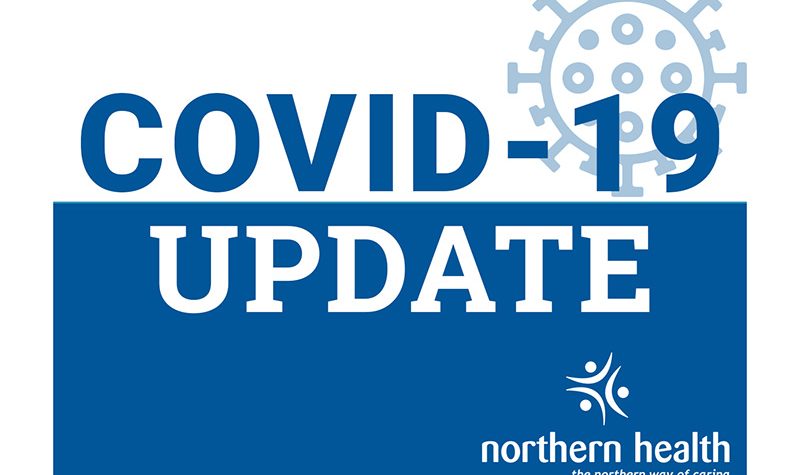In the wake of some confusion over which restrictions still apply to residents of the Northern Health Region, CICK News spoke with Chief Medical Health Officer Dr. Jong Kim to clarify things and to learn more about how community members can stop the spread of the Omicron variant.
As of New Years Day this year, B.C. public health teams reported another 2,542 cases of COVID-19 and many people are eagerly waiting to get their booster shot.
In small towns in the north, boosters are available by appointment which you should receive by phone or email, but you can also find out about walk-in clinics by visiting your town website or facebook page.
And according to the First Nations Health Authority, as the Omicron variant surges across the country, the BC government plans to expand its inventory and distribution of rapid COVID-19 tests that can be used for self-testing by individuals experiencing symptoms of COVID-19.
BC health officials announced Dec. 21 that the province has ordered large shipments of rapid antigen test kits, with about 2.6 million expected to be distributed over the next month.
Approximately 700,000 of the kits will go to testing sites across the province for people who have symptoms of COVID-19. Starting in late December, the remaining rapid tests will go to people living or working in settings with higher risk of COVID-19 infection and transmission. These settings include long-term care facilities, health-care workers, and rural, remote, and Indigenous communities where access to health care is limited.
The rapid tests are also called point-of-care tests because they are portable, rapid, and provide results at the point of testing usually within 15 to 20 minutes. However, they are generally less accurate at detecting COVID-19 infection than standard testing.
According to Kim, community members can slow the spread of the new variant by following public health orders and by exercising compassion with one another.
Listen to CICK News' interview with Dr. Jong Kim:


